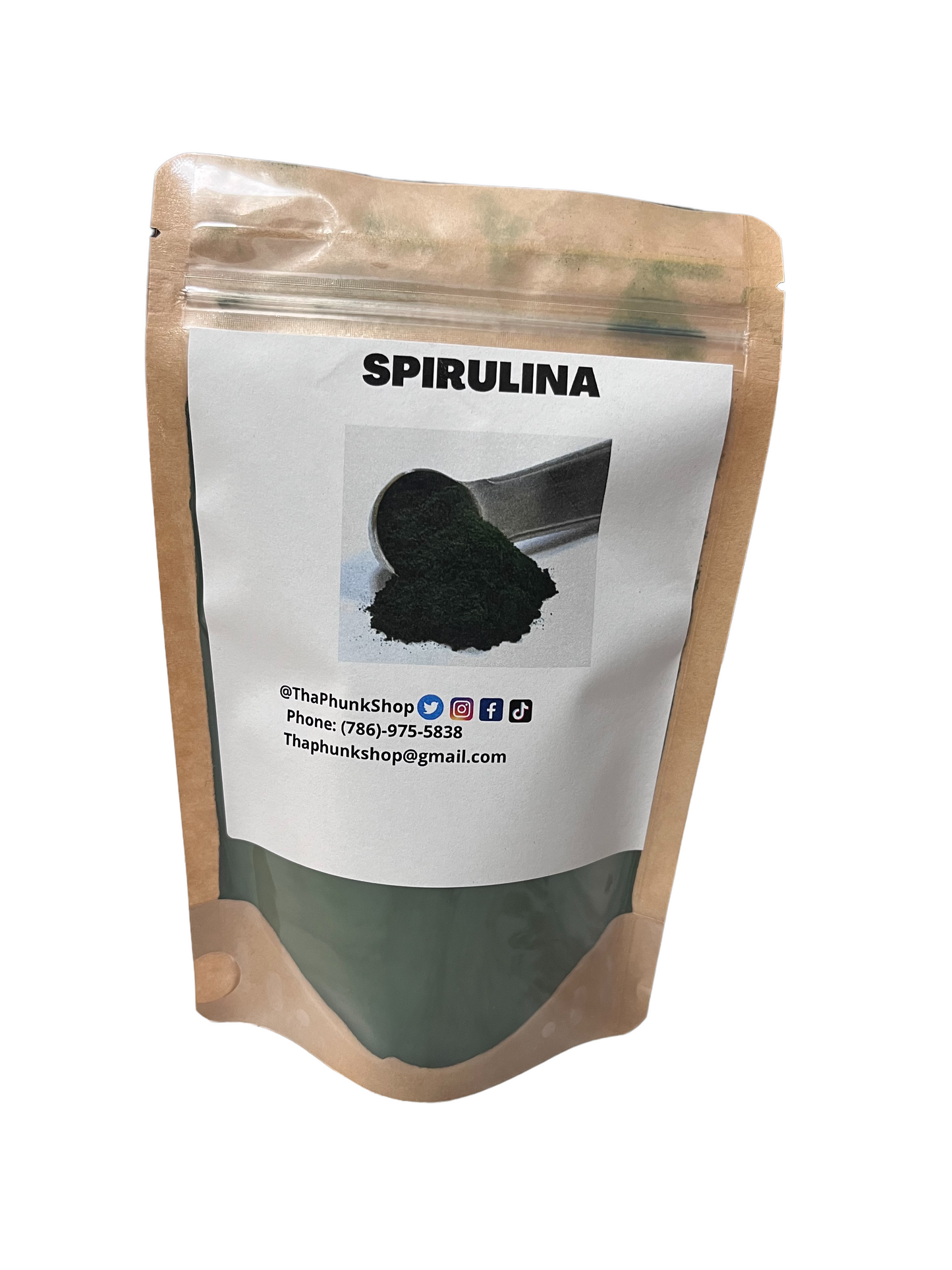frequently asked questions

Shop Our Best-Selling Wellness Products
Discover our customers’ favorite wellness essentials, each carefully chosen to support a healthier, more balanced lifestyle. From detox solutions that help cleanse and rejuvenate, to skin care products crafted with nature’s finest ingredients, our best-sellers are trusted for their purity, potency, and effectiveness. Whether you’re looking to revitalize your daily routine or explore natural remedies, these top picks are a perfect place to start.
Shop nowEssentials for Your Health and Happiness
Achieve your best self with our collection of health and happiness essentials, designed to nurture both body and mind. These handpicked products offer natural solutions for everyday wellness, helping you feel energized, balanced, and ready to take on life. From immune-boosting tonics to soothing skincare, each item is crafted with quality ingredients that support your overall wellbeing. Our essentials make it easy to incorporate natural health into your routine, so you can thrive inside and out.
Shop now
customer favorites
Your Journey to Wellness Begins Here
At Tha Phunk Shop, we blend the wisdom of traditional remedies with modern wellness. Dive into our curated collection of natural care products, health tonics, cultural jewelry, and more to support your journey towards holistic well-being.
Shop now
